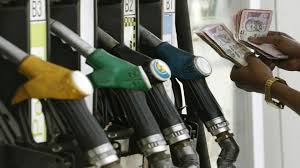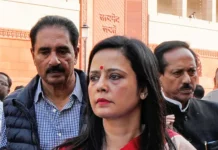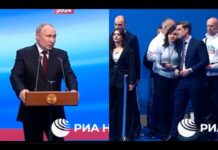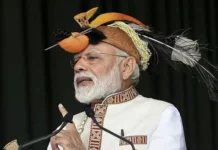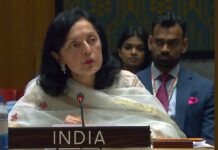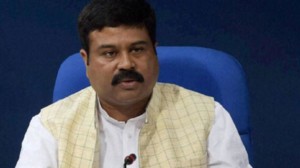
New Delhi: The government has ruled out any immediate reduction in excise duty to cushion relentless rise in international oil prices that have sent retail diesel rates in India to record high and petrol to four-year high.
The BJP-led government had raised excise duty nine times between November 2014 and January 2016 to shore up finances as global oil prices fell, but then cut the tax just once in October last year by Rs 2 a liter.
Asked if a second round of excise duty cut was in offing, Finance Secretary Hasmukh Adhia said: “Not as of now. Whenever we review it, we will let you know”.
Earlier in the day, Oil Minister Dharmendra Pradhan said the government is keeping a close eye on international prices but said there is no going back on free market pricing.
He said consumers will benefit if petrol and diesel are brought under Goods and Services Tax (GST) regime at the earliest.
Petrol price have hit a four-year high of Rs 73.83 a liter, while diesel rates touched an all-time high of Rs 64.69 in the national capital on rising international oil rates.
“India needs market pricing to provide oil to all,” Pradhan said at an event organized to mark the launch of Euro-VI grade petrol and diesel in the national capital.
Fuel pricing is based on a transparent mechanism, he said, attributing the spurt in rates to happenings in international market. “When crude oil prices rise, naturally consumer feels a pinch,” he said.
“We are concerned (about the impact on consumers). We are keeping a close eye on the developing international oil scenario,” he said.
He, however, did not offer any hint of a government intervention like cutting excise duty to give relief to consumers.
“Centre and state bank on tax revenues to meet developmental needs. 42 per cent of collections from excise duty (on petrol and diesel) goes to states and out of the remaining 60 per cent is used to fund centre’s share in development schemes in states,” he said.
Pradhan said the GST Council – the apex decision making body of the new indirect tax regime – should in the “interest of energy security and consumers” include petroleum products in GST.
Petrol, diesel, natural gas, crude oil and jet fuel (ATF) are currently not included in GST, which essentially leads to producers not being able to set-off tax paid on inputs from final tax on product.
The government, he said, had cut excise duty on petrol and diesel by Rs 2 per liter in October and some states had followed it up with a reduction in VAT (value added tax).
“When there is a pricing issue, states should respond and cut VAT,” he said.
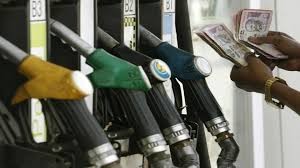
State-owned oil firms, which have been since June last year revising auto fuel prices daily, have raised petrol price by 10 paise per liter and diesel by 11 paise.
Petrol in the national capital now costs Rs 73.83 a liter, the highest since September 14, 2014 when rates had hit Rs 76.06. Diesel price at Rs 64.69 is the highest ever, with previous high of Rs 64.22 being on February 7, 2018.
India has the highest retail prices of petrol and diesel among South Asian nations as taxes account for half of the pump rates.
The government had raised excise duty nine times between November 2014 and January 2016.
Subsequent to that excise duty reduction, the Centre had asked states to also lower VAT but just four of them – Maharashtra, Gujarat, Madhya Pradesh and Himachal Pradesh – reduced rates while others including BJP-ruled ones ignored the call. PTI

